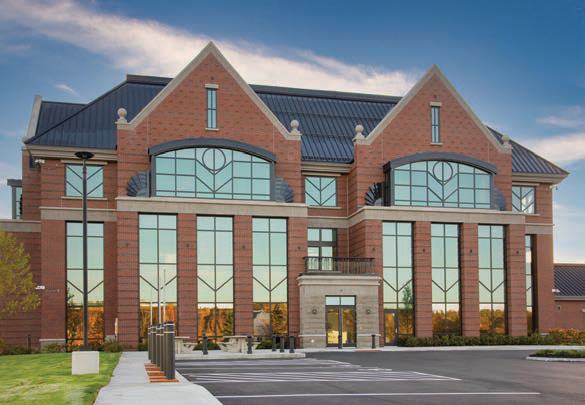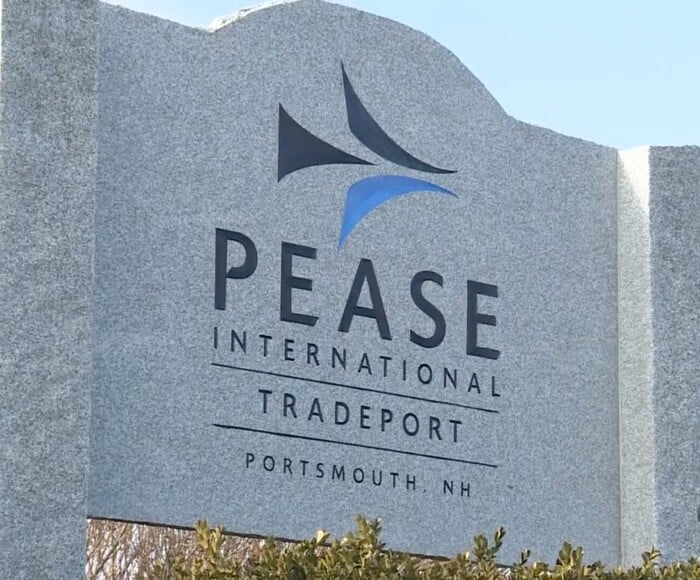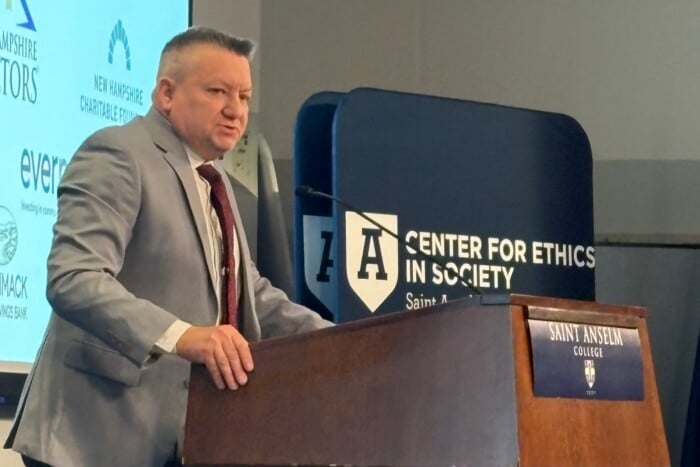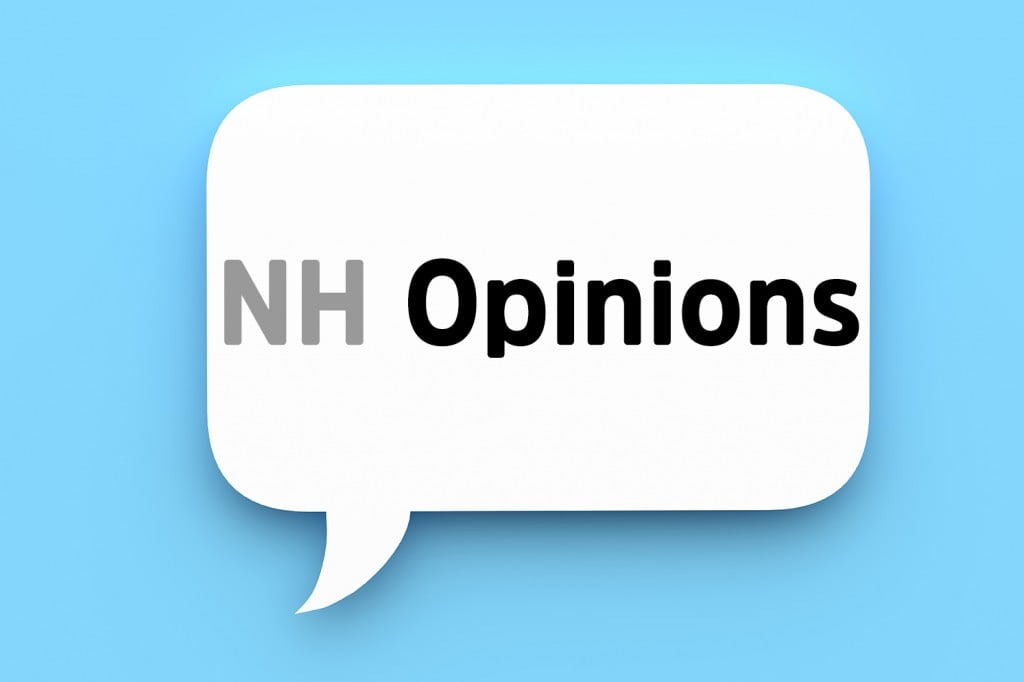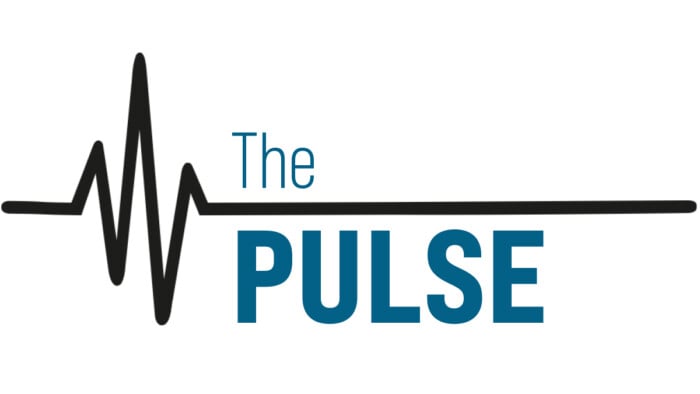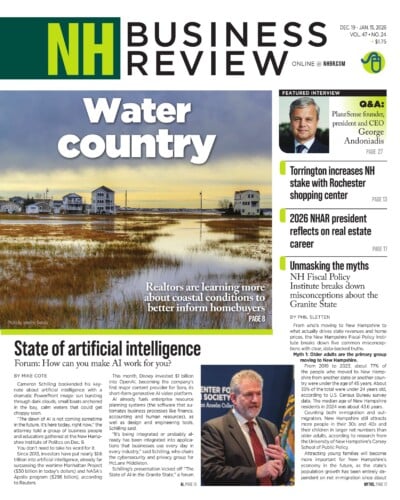
Deputy Employment Security Commissioner Richard Lavers
Nearly 90% of New Hampshire’s economy is “open for business and working” even though more than 100,000 people were collecting unemployment last week, Deputy Employment Security Commissioner Richard Lavers told the Governor’s Economic Re-Opening Task Force on Monday.
But some parts of the economy are doing better than others, with restaurants, clothing stores and lodging facilities suffering the most, he said.
Lavers’ mainly optimistic assessment noted that last week there were slightly more than 6,000 initial jobless claims filed, a drop of 17% from the previous week and 85% lower than the peak of nearly 40,000 weekly claims filed at the beginning of April.
But many of those initial claims never actually translated into people receiving benefits, or if they did some have already returned to work. That means that, although 170,000 people have filed claims since the Covid-19 crisis began in mid-March, 104,000 were actually collecting unemployment during the week ending May 23 and that number fell for the third week in a row from 117,000 at the beginning of May.
Indeed, said Lavers, the continued claims figures – though they lag a week behind initial claims numbers – give the most up-to-date picture of the state’s economy.
The state’s official unemployment rate, once New England’s lowest was now the region’s second highest in April, at 16.3%. The initial claims rate that Employment Security releases every Thursday, was a whopping 19% on May 30, with a rate as high as 48.9% in Waterville Valley, and 25% in Manchester.
Claims by industry
But in his report to the Re-Opening Task Force, based on continued claims as a percentage of the state workforce on May 23, it is somewhere between 13% and 14%, second lowest in the region, though still high compared to the rest of the nation.
In the report, Lavers estimated that on May 30, 11.7% of New Hampshire’s workforce is collecting unemployment, meaning 88.3% are working. However, that is nearly five times the pre-Covid official unemployment rate of 2.4% in March.
He broke down initial claims and continuing claims numbers by industry:
- Accommodations are at the bottom. Employment was at 61.6% percent of that industry’s workforce last month, but that’s up from 47.8% the previous month. But that was as of Friday, June 5, right before hotels were allowed to open up to leisure travelers under reopening guidelins.
But just because hotels could open, it doesn’t mean they did. Rep. Ed Butler, D-Hart’s Location, co-owner of the Notchland Inn there, said he plans to open up next weekend, but so far has booked only six of 15 rooms. Steve Duprey, two of whose four Concord hotels were already open for essential workers, said he will not open up the Fairfield Inn or the Courtuard by Marriott until there is some demand, leaving many of his workers collecting unemployment.
“We didn’t get any inquiries for leisure travelers,” he said. “It will take a while for people to be comfortable to make travel plans.”
- Clothing stores and miscellaneous retailers have been open since May 11 and made the biggest employment gains, much more than grocery stores, which – as an essential business – never closed. Clothing stores were down to nearly 49% employment, but has since risen to nearly 76%. Miscellaneous retail rose from 56% to 78%.
- Restaurants and bars, which were open for outdoor seating the previous week, increased employment from 52.5% to 72.8%. Starting this weekend, restaurants will be able to open up for indoor dining (though in the four most populous counties – Rockingham, Hillsborough, Strafford and Merrimack – they will be limited to 50% capacity.)
Restaurant jobs are opening up, but it is difficult to get workers to give up their enhanced unemployment benefits to come back, John Nyhan, president of the Hampton Area Chamber of Commerce, told the task force. Because of that, he said there are at least 100 job openings on the Seacoast.
But those federally funded enhanced benefits of $600 a week on top of regular state benefits are due to end on July 31.
Lavers said that the state is also setting up a new website that would help match those collecting unemployment with companies that need workers, to complement the department’s existing match program.
Lavers gave his report as the task force was putting the finishing touches on reopening guidelines for such businesses as amusement parks, bowling alleys, arcades and laser tag centers and tourist trains as well as arts festivals and fairs. The task force will vote on the recommendations on Wednesday, though the final decision rests with Gov. Chris Sununu.



